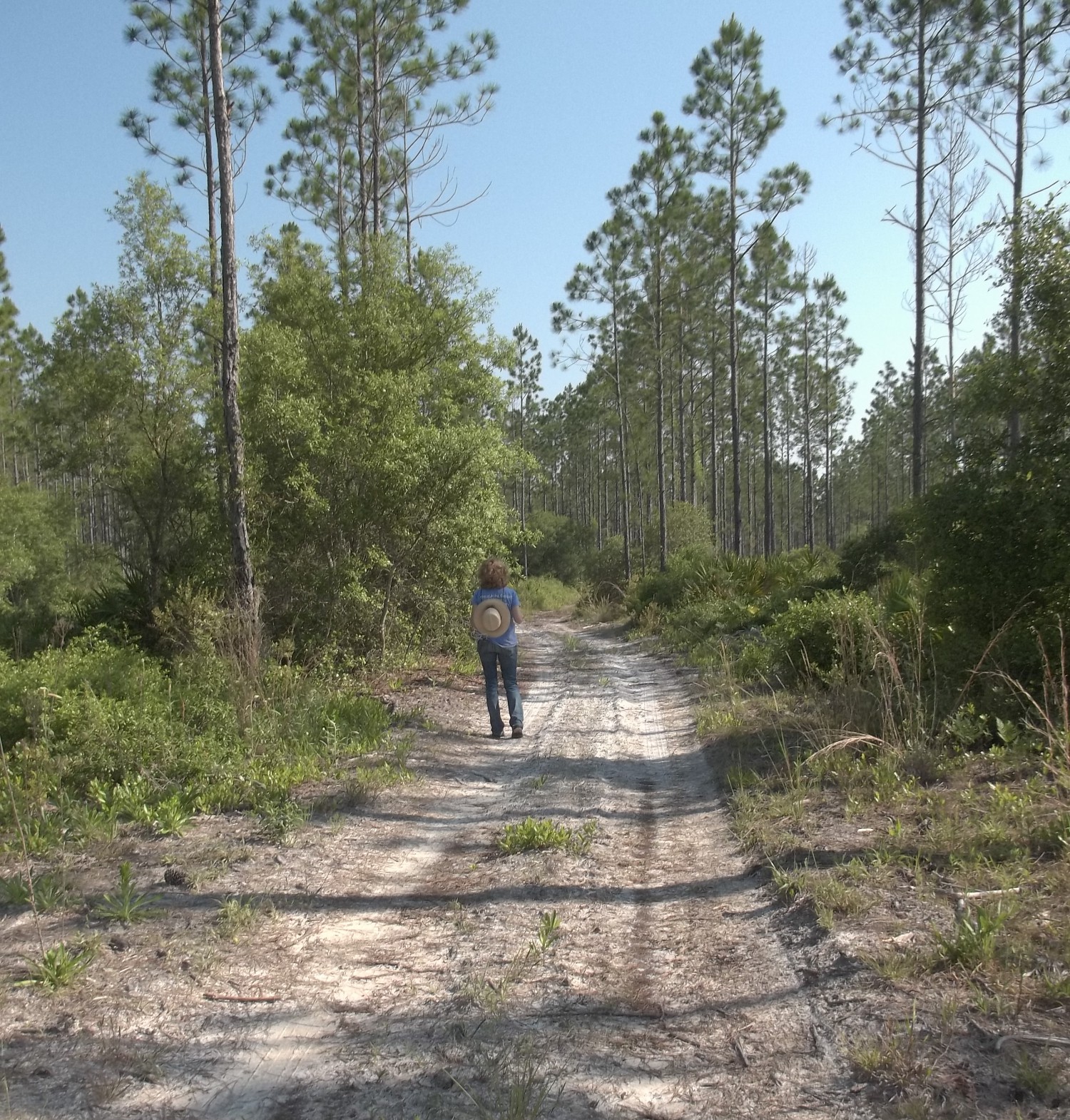In 1976, I was in 8th grade.
It was the year the entire country had bicentennial fever.
It was the year the assistant principal’s son, usually diffident and polite, in my grade, slugged my friend “Tara,” who had spent the first half of the school year exploiting female privilege by kicking him and whacking him with a large hairbrush on a several-times daily basis. He said the suspension was worth it.
It was also the year that the Tara’s younger brother, “Tommy,” announced that he wanted to grow up to be a…cow.
Not a cowboy. Not a farmer. A cow. Tommy was abundantly clear, and he was impervious to reason, science or bribery with a combination of ice cream and more typical ideas about things he could be when he grew up, as any five-year-old would be. The ice cream bribe having failed, the family shrugged and figured he would outgrow it. They didn’t play along; they kept calling him Tommy and sending him away from the dinner table if he pretended his salad was cud. Eventually, of course, Tommy moved on to the next thing, probably driving race cars like Speed Racer – something plausible enough to make his mother pine for the sweet, innocent cow days.
I’m sure that for Tommy, choosing the life of a cow made perfect sense. Imagine how it looks from the window of a school bus, especially for a small boy. The heavy humidity of a New Jersey summer has passed. It’s finally perfect weather to play outside all day. Nature’s colors are sharp and bright, the air is clean and crisp, and the cows are out there reveling in it, with the bunnies, turtles, birds and white-tailed deer. Then winter comes – the dour, endlessly gray winters of the Raritan River valley, and after shivering in soggy boots at the bus stop, and climbing slippery steps into the bus, the cows can be glimpsed, in their shelter, occasionally outside into the snow, but ambling back into the warmth at their pleasure. Yes, to a five-year-old trapped on the cold, rattly school bus, whose eyes are barely window-high, the life of a cow probably looked pretty sweet. Perhaps if they’d lived along the water, Tommy would have aspired to be a fisherman, a pirate or a dolphin, but we were in landlocked rural New Jersey. He wanted the life of a cow.
Tommy has been a reminder for me to always explore the vision people have of what life when they reach a goal. For example, if a young person announces they want to get a degree in (whatever), I think it’s important to explore the pieces of the dream around that. What do they see life being like with that degree? What do they imagine will be better for them? What will they have to give up to reach that goal? What will they have to surrender for that career, realizing that every door opened means many others will close? What texture of life goes with that career, and will that work for them? What about that career appeals to them? How will they handle the particular negative aspects of that goal? What draws them to that work? How many people who do that work have they met? In what ways do they see themselves as similar to those people?
Similarly, if someone wants to make any major life change (say, moving from their parents’ home in coastal Florida to live off the land in Alaska), it makes sense to ask questions that make the expectations, underlying assumptions, and perhaps misperceptions, clear. It’s not that I want to be a fun killer; I am obligated to accompany clients on an exploration of their suppositions, knowledge base, and emotional reasoning. If the Alaska-dreaming young person has innocent delusions about being free, about being “my own boss” in the wilderness, well…actually, Mother Nature will be your boss, and she is far harsher than the weary assistant manager where you bus tables and more relentlessly demanding than your high school physics teacher. The adult’s job is asking questions to elicit thought and inspire more research. An idea may feel “fun” but the reality may not be so jolly.
People may disclose all sorts of ideas and aspirations, wishes and whims. Ask questions about the expectations, beliefs, assumptions, sacrifices. Be curious, be compassionate, but be realistic. Be honest, because ultimately honesty is kind. Iceberg lettuce salads and fish sticks are not cud; major life choices should not be made on a whim, or when under the influence of mind-altering substances, or when distraught.
Because Tommy was never going to grow up to be a cow. But I hope that, whatever he grew up to become, he has plenty of time to enjoy nature on those clear, beautiful days.
**Tara and Tommy are not their real names.
